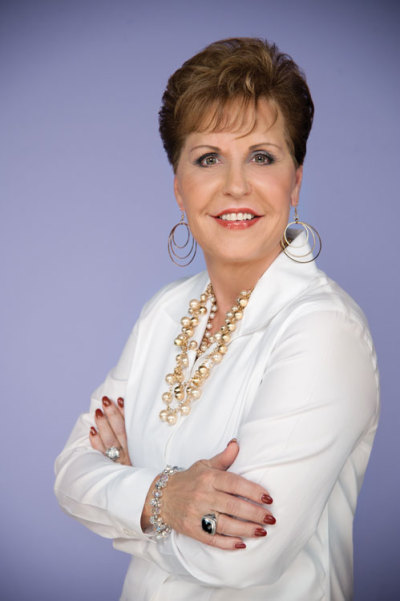Why Prayer and Doubt Just Don't Mix

Prayer is a vital part of our relationship with God, and it's a great privilege, not an obligation.
When you really think about it, it's amazing to know that the God who created everything and knows everything actually wants us to come to Him boldly — through Christ — to have a relationship with Him.
Hebrews 4:16 (NLT) says, "Let us come boldly to the throne of our gracious God. There we will receive his mercy, and we will find grace to help us when we need it most."
It's so important for us to trust God's love for us and really know that He's merciful and sees us as righteous because of what Jesus has done for us (2 Corinthians 5:21). If we don't, we will struggle to have confidence that He hears our prayers and wants to help us.
The truth is God knows everything about us — what's right with us and what's wrong with us. He loves us unconditionally and He wants to have a relationship with us and meet every need in our lives. Our imperfections have nothing to do with His ability and willingness to answer our prayers.
You Have to Believe
Doubt is a common hindrance to answered prayer, and when we experience it, it's usually because we're focusing on us — our weaknesses and mistakes. The key is keeping our focus on God, trusting Him to give us wisdom and discernment so we know what to believe and what to do.
James 1:5 (AMPC) says, "If any of you is deficient in wisdom, let him ask of the giving God [Who gives] to everyone liberally and ungrudgingly, without reproaching or faultfinding, and it will be given him."
True wisdom comes from God, and He wants to give it to us "liberally and ungrudgingly, without reproaching or faultfinding." "Liberally" means He gives more than enough, and "ungrudgingly, without reproach or faultfinding" means that even when we're in messes we've created ourselves, we can still go to God and He will help us.
Now, this doesn't mean He won't correct us, teach and train us when we've made a mistake. Like any parent who loves their children, He disciplines us because He loves us and wants what's best for us. But when we're in trouble, He doesn't decide whether to help us or not based on our performance. His love is unconditional.
Here's an example to demonstrate what I'm talking about: If my son was in trouble with the neighborhood bully and called for his dad and me to help him, we wouldn't respond to him based on whether he had done all of his chores at home. It would be ridiculous if we heard him crying for help, yet we took time to check the list first to see if he had done everything he was supposed to do before we intervened.
As parents, we don't refuse to help our children because they don't do everything right, perfectly or the way we want them to all the time. God is our Father, and He knows we are not perfect. He wants to be involved in every part of our lives and we don't ever have to doubt that!
Be Single-Minded
When we doubt God, we're left midway between believing and not believing — we're double-minded. But first Corinthians 2:16 says we can live with the mind of Christ. In other words, we can learn to think the way God thinks so we're not led by the mind of the flesh, "which is sense and reason without the Holy Spirit" (Romans 8:6 AMPC).
James 1:6 says when we come to God for wisdom, it must be in faith "with no wavering (no hesitating, no doubting). For the one who wavers (hesitates, doubts) is like the billowing surge out at sea that is blown hither and thither and tossed by the wind." This doesn't mean we won't ever feel doubt, but when we do, we can know how to stand up to it.
Sometimes when I'm teaching, I doubt whether I'm sharing the "right" message based on how people seem to be responding to me. That's when I have to trust God and tell myself, "I've prayed about this. I've sought God about the teaching, and I'm not going to be double-minded. I trust God!"
I want to encourage you to ask God for the desires in your heart and then stand in faith for Him to do His will. Decide to trust Him and His Word, no matter what you feel, what people say or what your circumstances look like. The only thing that really matters is what God's Word says, and you will overcome doubt by putting your faith in Him every time you pray.




























